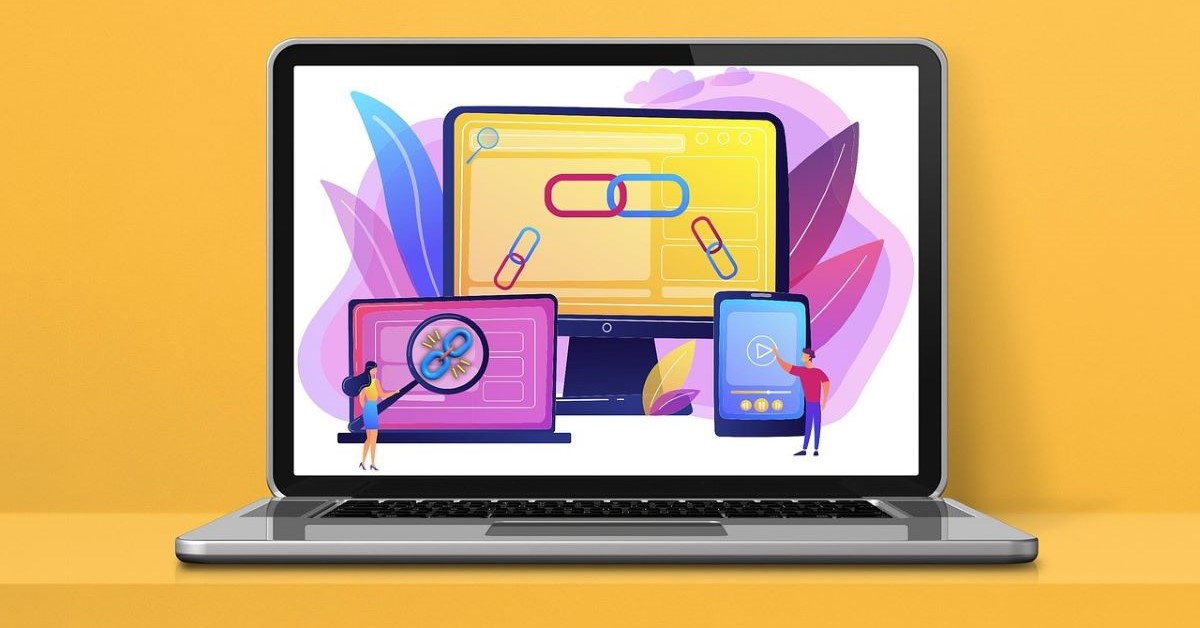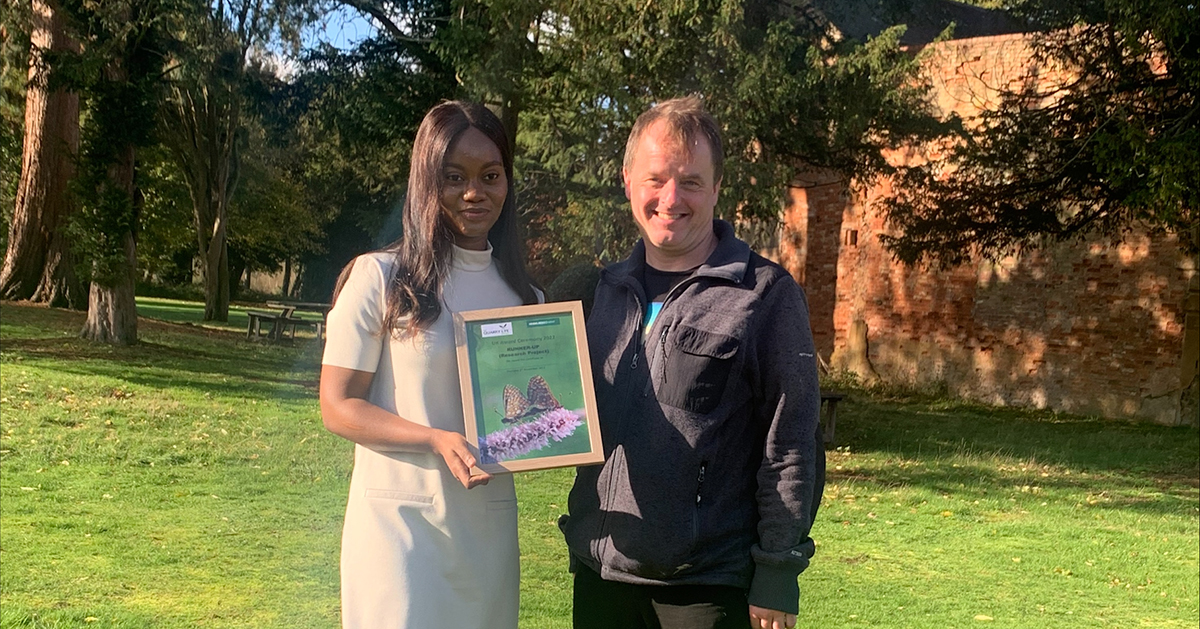Systematic Literature Review – Managing duplicates
11/07/2024

One of the questions which often comes up when discussing the SLR process is how do I manage my references in the most efficient way during the process of going from my search results to my final list of articles?
Each step of the SLR process has its own challenges. You need to identify your keywords, then construct your search strings, then work out the combinations of the search strings and which databases to use e.g., EBSCO Business Source Complete, ProQuest One Business, Scopus, Web of Science, in order to retrieve the articles which are key to your research topic.
Not all the articles retrieved will be relevant and you will need to filter your initial results sets according to the inclusion and exclusion criteria you defined in your protocol. You will begin by screening the title and abstract against your inclusion and exclusion criteria, and then against the full text. At each stage you will need to document:
- how many articles there were
- for each of your search string combinations
- from each of your chosen databases.
Sounds simple enough, until you realise that there will inevitably be duplication between the sources…
The good news is that you can export all of your references, with abstracts, directly from each of these resources. The download option to use for EBSCO Business Source Complete and Scopus is the CSV option. For ProQuest One Business it is XLS and for Web of Science it is Excel.
EBSCO Business Source Complete
Add your search results to a folder. Then go to your folder, select all the articles and use the Export function to export your results to a CSV file. Once exported, save your results as an Excel file.

ProQuest One Business
You can add your search results to a folder in ‘My research’ or export your results to Excel direct from the search results page. To do this, click on the three dots (ellipsis) to open the ‘All save & export options’ and select the XLS Microsoft Excel Format. Note you can export up to 100 articles at a time.

Scopus and Web of Science
You can export your results direct from the results page of both of these indexes by selecting the Export option and following the instructions given.
Once you have downloaded the information into Excel, you can then use the power of Excel to help you tag, filter and sort your references so that you can easily identify duplicates and also keep track of which references were found in each database.
ExcelDemy provides further guidance on how to use Excel to remove duplicates, which you may find useful.
Other blog posts you may find useful:
- Systematic Literature Review – Where do I begin?
- Systematic Literature Review – Selecting your Sources
- Systematic Literature Review – Identifying your search terms and constructing your search strings
- Systematic Literature Review – Combining your search strings to create your search strategy
Because of the complexity of this process, we recommend that before embarking on a systematic literature review you speak with your Librarian who will be happy to provide guidance.
Image by kirill_makes_pics from Pixabay
Categories & Tags:
Leave a comment on this post:
You might also like…
Executive Insights: Studying Logistics and Supply Chain While Leading a Business
Q&A with Rory Comerford, Managing Director, Capcon Limited “I chose to study the part-time Executive Logistics and Supply Chain Management MSc at Cranfield to advance my career and gain a deeper understanding of this ...
Too much to do? Can’t get your thoughts down on paper?
Our Study Skills Hub has two sections that may be able to help you! In Time Management we have some great tips on how to manage your time, to prioritise, and de-stress. First of all, ...
How do I cite… quotations from video content in the APA7 style
When you quote from another source in your writing, you would traditionally include a page number in your in-text citation. But what do you do when there are no pages? How would you cite a ...
Using what you read in what you write – Summarising, paraphrasing and quoting other authors
University life involves a serious amount of reading and writing. We study the work of other people to inform ourselves about a topic. When we then re-use that knowledge to create our own work, we ...
Referencing in APA7: Using shortened URLs
As you may be aware, when you are referencing a website or any internet-based source you need to include the source URL. For most conventional reference lists, it is fine to include the URL or ...
Quarry Life and Cranfield Life
It might be thrilling to push yourself past your comfort zone, but it can also leave you feeling anxious and self-conscious. What if this is unsuccessful? What if I'm not as talented as I ...






